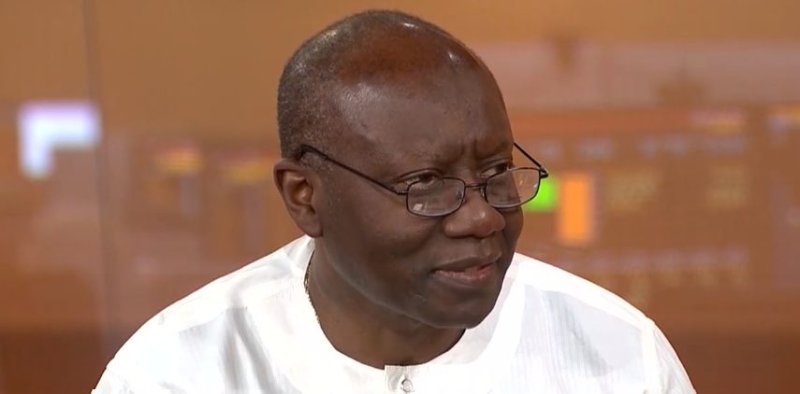Accra, Nov 22, GNA – Accounting and Auditing Firm PricewaterhouseCoopers (PwC) Ghana has commended the government for the introducing levy on electronic transactions to raise more revenue for developmental projects.

It has, however, advised the government to review the policy to allow receivers of such transactions to bear the cost of the levy.
Government in its Budget Statement and Economic Policy announced a 1.75 per cent on all electronic transactions, including mobile money payments, bank transfers, merchant payments and inward remittances, as part of efforts to widen the tax net and rope in the informal sector.
This, the Finance Minister, said shall be borne by the sender except for inward remittances, which would be borne by the recipient.
Speaking at the 2022 PwC Ghana Budget Digest in Accra, on Tuesday, Mr Abeku Gyan-Quansah, Senior Manager, Tax Services at PwC Ghana, said even though the introduction of the E-levy was the surest way of widening the country’s tax net to rake in more revenue by government, the 1.75 per cent e-levy must be borne by the receivers of such transactions instead.
The dialogue session on the budget was expected to provide the platform for key government officials to shed more light on next year’s budget.
The annual event also aimed at affording businesses and the citizens the opportunity to seek clarification on policy proposals in the budget with the view to making informed decisions ahead of its debate and possible approval by Parliament.
Government is targeting to raise almost GHc 7.0 billion in revenue from the E-levy implementation in 2022, representing seven per cent of the revenue target for the year.
Mr Gyan-Quansah explained that the introduction of the levy would, however, erode some of the gains that had been made in deepening financial inclusion, especially in the informal sector.
“We suggest that the Government closely monitors the implication of the policy measure and reviews as necessary,” he advised.
The Tax Expert also urged the government to consider revising the turnover threshold to GH¢480, 000 instead of the proposed GH¢500, 000 as it would be easily translated into relevant targets for the informal sector.
He also noted that the modified taxation system which was meant to provide a simplified system of income tax compliance for the informal sector and small-scale individuals in business had not seen an active implementation since its introduction six years ago.
Under the existing modified taxation regime, self-employed persons with an annual average turnover not exceeding GH¢20,000 pay quarterly fixed tax as outlined in the Income Tax Regulations, whereas those with turnover exceeding GH¢20,000 but up to GH¢200,000 are subjected to three per cent income tax, unless they choose not to pay presumptive tax.
Those who choose not to pay presumptive tax may apply cash instead of an accrual approach in determining their taxable business income.
Mr Gyan-Quansah said even though the proposed amendment to extend the maximum threshold for the modified taxation to GH¢500,000 meant that several self-employed persons who hitherto did not qualify to apply the modified taxation system would now apply the system and pay tax, government must consider revising the turnover threshold to GH¢480, 000 to make a more relatable targets for the informal sector.
He added that the Government, through the Revenue Assurance and Compliance Enforcement (RACE) initiative must intensify efforts to identify self-employed individuals in the informal sector who meet the turnover threshold of business income up to GHC500, 000 and bring these persons into the tax net.